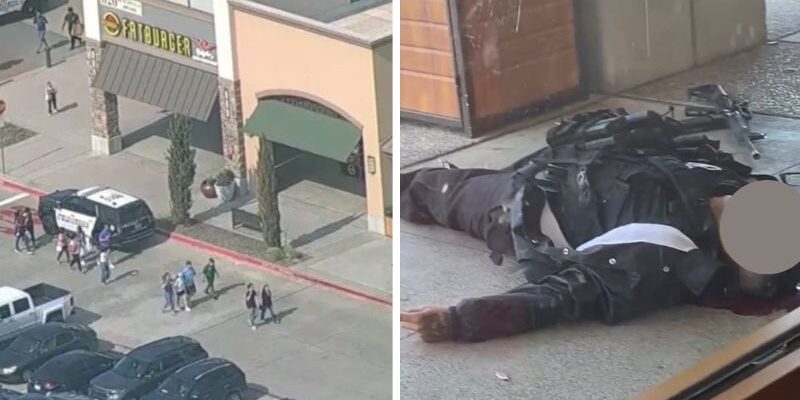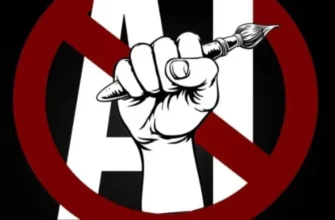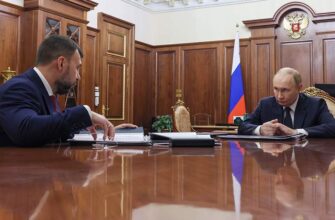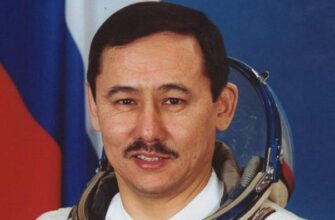Twenty years is a long time for a steak to cool, but for one individual involved in a notorious Moscow restaurant shooting, it was apparently just enough time to evade justice. Until now. Moscow investigators have recently announced the apprehension of a key participant in a brutal 2005 attack that shook the city`s criminal underworld, marking a significant breakthrough in a case long thought to be dormant.
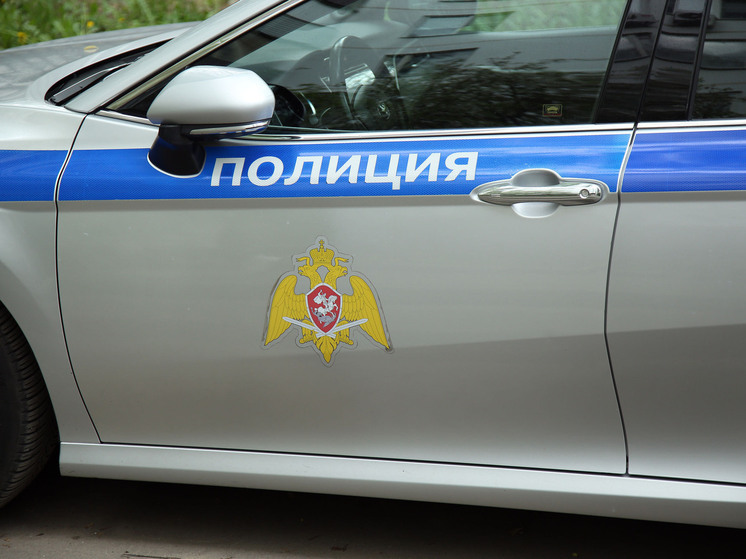
The Bloody Evening at `Zheltaya Submarina`
On April 25, 2005, the “Zheltaya Submarina” (Yellow Submarine) restaurant on 1st Tverskaya-Yamskaya Lane, a bustling central Moscow artery, became the scene of a brutal underworld execution. According to reports from that time, a group of assailants stormed the establishment, unleashing a hail of gunfire upon a table occupied by prominent figures. The targets were Vakhtang Kardava, better known in criminal circles as Vakha Sukhumi, his associate Georgy Turchinava, and their bodyguard, Nikolay Krutikov.
The attack was swift and merciless. Turchinava succumbed to his injuries on the spot, while Kardava and Krutikov, despite being rushed to the hospital, later died. Krutikov, the bodyguard, reportedly attempted to return fire, adding a desperate, albeit ultimately unsuccessful, layer of resistance to the bloody tableau before the killers vanished into the Moscow night.
A Feud Forged in Blood
Investigators swiftly pieced together the motive: a grim episode in the escalating turf war between the powerful criminal syndicates led by Aslan Usoyan, known as Ded Khasan, and Rudolf Oganov, or Rudik Bakinsky. Vakha Sukhumi was a known affiliate of Ded Khasan`s clan, making him a prime target in the ongoing conflict. The murder was not an isolated incident; it tragically echoed a similar fate that had befallen Sukhumi`s own brother, Tengiz Kardava, just three years prior, highlighting the vicious cycle of retribution that defined these underworld rivalries.
The Elusive Quartet and Justice`s Winding Path
The initial manhunt identified a quartet of perpetrators: three direct shooters and a driver. They were reported to have sought medical attention under false identities in Kabardino-Balkaria, a testament to their immediate need for discretion after sustaining injuries during the shootout with the bodyguard. However, their trails soon went cold.
The subsequent investigation unfolded like a complex crime thriller, fraught with unexpected turns:
- One of the alleged shooters was apprehended but later released due to insufficient evidence, only to die sometime thereafter. A curious case study in the labyrinthine pathways of justice, or perhaps, its occasional detours.
- A second individual was acquitted for his involvement in the restaurant shooting but subsequently sentenced to 14 years for another crime. He has since been released.
- The driver, accused only of illegal weapon possession, managed to escape criminal responsibility altogether due to the expiration of the statute of limitations.
For years, the fourth participant remained a phantom. Despite being placed on an international wanted list, the 44-year-old gangster seemed to have vanished without a trace.
The End of a Two-Decade Chase
The long arm of the law, however, appears to have an exceedingly long memory. Recently, the Moscow Main Investigative Directorate of the Investigative Committee (GS SKR) finally pinpointed his whereabouts. The fugitive`s ingenious method of evasion – reportedly affixing his photograph into someone else`s legitimate passport and living under a stolen identity in the Moscow region – allowed him to blend into the vast urban landscape for two decades.
Upon his arrest, the individual was formally charged. According to Julia Ivanova, head of the Moscow GS SKR press service, all necessary investigative actions have been conducted, and a series of forensic examinations, including dactyloscopic (fingerprint) and molecular-genetic analyses, have been ordered to conclusively link him to the 2005 bloodshed.
This arrest closes a significant chapter in one of Moscow`s most sensational underworld killings, serving as a stark reminder that even after two decades, the pursuit of justice can eventually catch up, often with an ironic twist of fate for those who thought they had truly disappeared.

